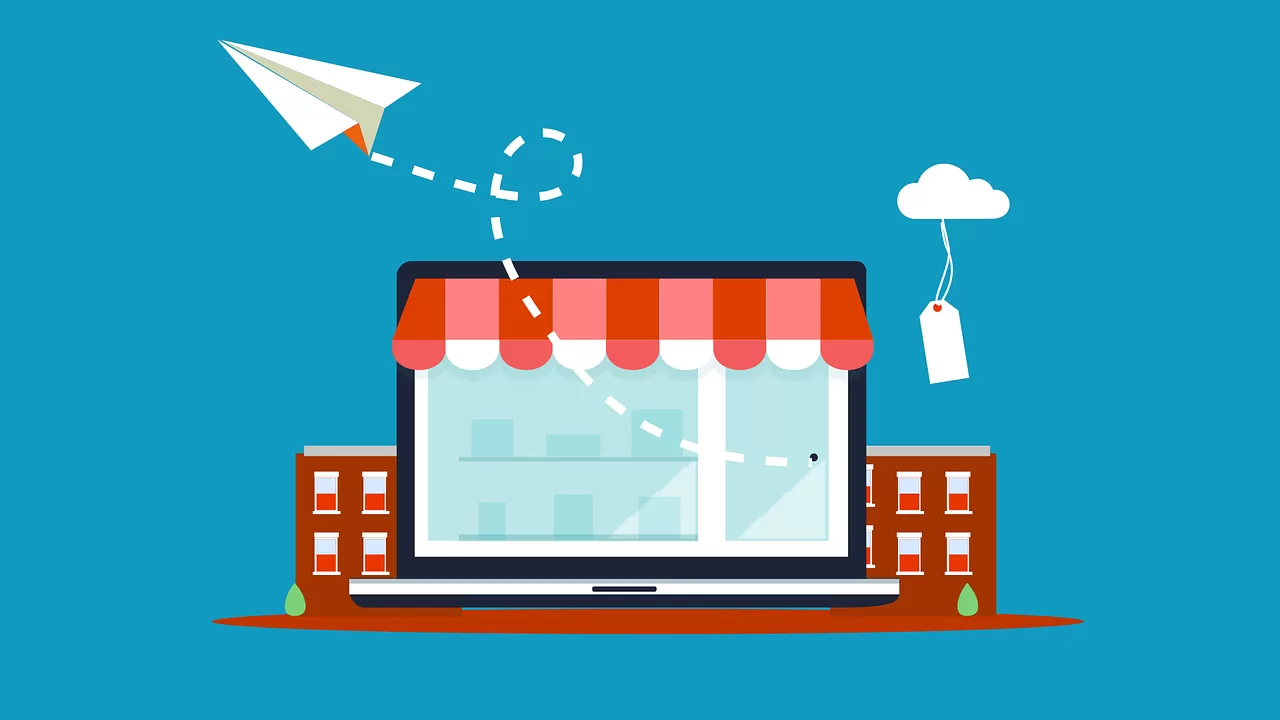Online marketplaces have seen explosive growth in recent years. Amazon, Etsy, eBay, Wildberries, and many other platforms now host millions of sellers offering everything from art to electronics. This explosion of opportunity is good news for sellers — but it also creates competition, complexity, and sometimes confusion.
For new entrepreneurs, the question isn’t whether to sell online — it’s where.
Key Factors to Consider When Choosing a Marketplace
Not every platform suits every business. Before jumping in, sellers should analyze a few core factors:
- Target audience: Who shops here? Are they looking for budget deals, high-end products, or niche goods?
- Fee structure: What commissions, listing fees, or subscription charges are involved?
- Ease of use: Is the platform beginner-friendly? Does it provide tools to manage listings and analytics?
- Marketing power: Will the platform help you promote your goods, or are you on your own?
- Seller support: How does the platform handle disputes, returns, and customer service?
Understanding these basics can help you align your goals with the right digital partner.
Trust and Transparency: The Cornerstones of Reliability
In a digital marketplace, trust is everything. Platforms that protect both buyers and sellers through clear rules, secure transactions, and strong customer support are always preferable. Scams, hidden fees, or vague policies are red flags — and unfortunately, they still exist on lesser-known or unregulated platforms.
That’s why it’s essential to read platform reviews, seller agreements, and community forums before making your choice.
You can also explore this helpful reliable marketplace guide that walks you through the key questions to ask, along with comparisons of popular platforms and real-world tips.
Niche Platforms vs. Mass Marketplaces
While giants like Amazon offer global reach, they may not be the best fit for unique or handmade products. Niche platforms like Gumroad (for digital content), Reverb (for musical instruments), or ArtStation (for artists) can help sellers reach a more targeted, loyal customer base.
The trade-off? Smaller platforms may offer less visibility but a higher conversion rate and more engaged community.
The best strategy often involves starting with one focused platform, building your brand, and then expanding to others as needed.
Local Marketplaces: Don’t Overlook the Power of Proximity
In some cases, regional marketplaces are better suited to specific industries or services. For example, platforms tailored to the Russian-speaking market or local buyers may offer lower fees, familiar payment systems, and more relevant audiences for local sellers.
Language, currency, shipping logistics, and trust play a huge role in customer decisions — especially for cross-border transactions.
Final Thoughts
Choosing the right marketplace is more than just clicking “sign up.” It’s a strategic decision that shapes how your product is discovered, bought, and reviewed. In a world overflowing with options, the smartest sellers are those who do their homework, focus on quality, and pick a platform that matches their strengths.
Whether you’re a crafter, a coder, or a curator of vintage treasures — success starts with the right stage. With tools like a well-researched reliable marketplace guide, you’ll be better prepared to launch with confidence, grow sustainably, and connect with your ideal customers.



